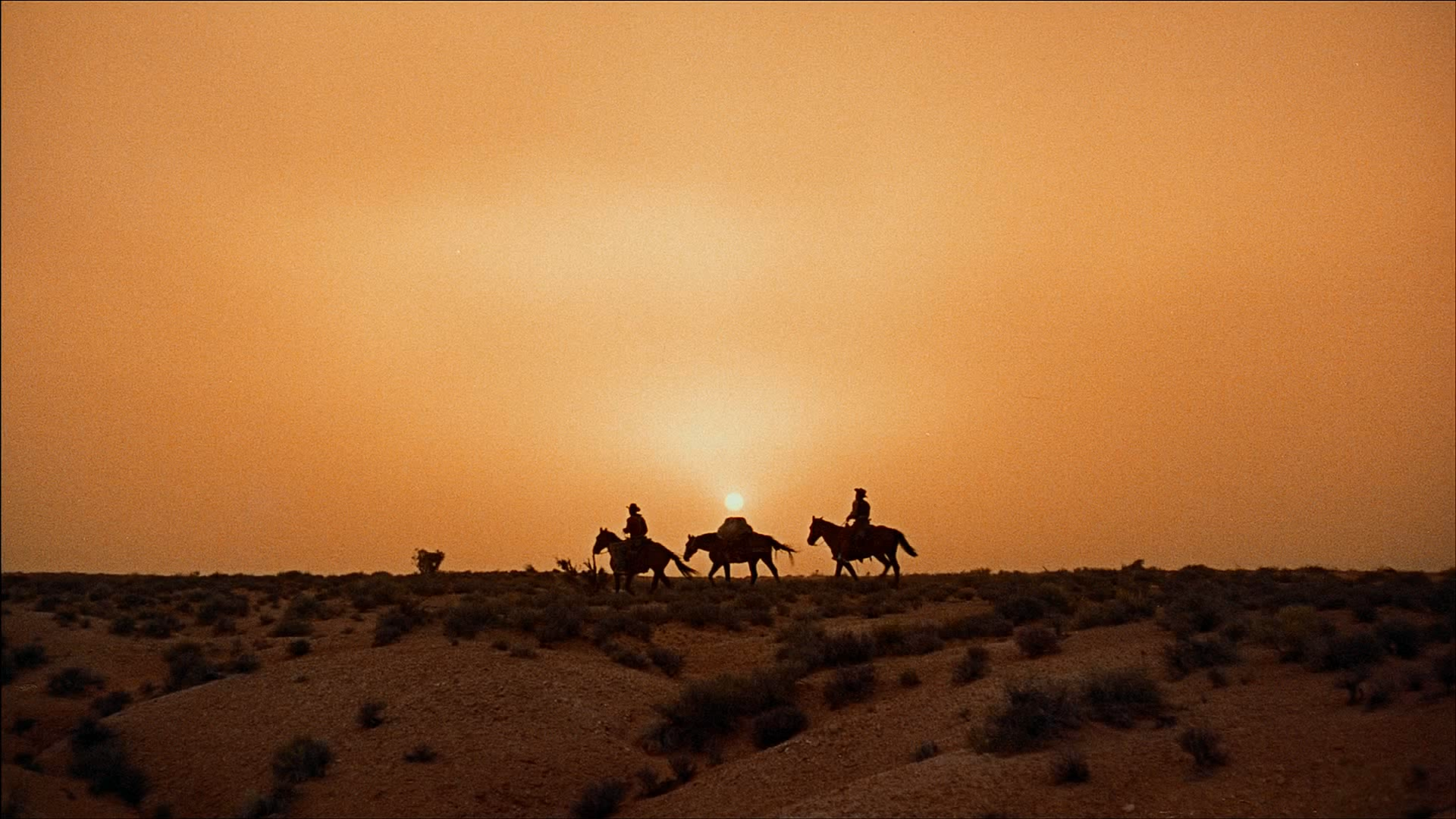We asked Citizen Jane: Battle for the City director Matt Tyrnauer to pick films and filmmakers that have influenced his work, in his words.
Robert Aldrich
Robert Aldrich, about whom I wrote my college thesis. I think he is among the most underrated of the auteurs, a fascinating and versatile director, who made masterpieces or near-masterpieces in several genres: Film Noir, with Kiss Me Deadly; the Western with Vera Cruz, Apache and Ulzana's Raid; the Hollywood gothic genre, with Whatever Happened to Baby Jane; the sports genre, with The Longest Yard. He fairly invented hybrid World War II/caper movie genre, with The Dirty Dozen. Though he was born to privilege--his family is related to the Rockefellers--Aldrich elected to drop out of school for an internship at RKO, and was summarily disinherited of a bundle of Chase bank stock. He was, in many ways a traitor to his class, a great liberal, and a union leader, as one of the most esteemed presidents of the Director's Guild of America. Aldrich also was one of the few directors to function as an independent producer, a one point owning his own Hollywood studio. I am forever in awe of Aldrich's gusty directorial style, and how he avoided being pigeonholed. There are few directors who could swing between genres like this effectively: Howard Hawks (another favorite) is probably the most famous example. Aldrich is more scrappy than Hawks, however, and, though a former college football player, less of a macho. He chose daring subject matter, adapting, for example, the Lesbian-themed stage play The Killing of Sister George. He did not make it into Andrew Sarris's Pantheon Directors list in the great book The American Cinema, but is forever in my personal Pantheon.
The Maysles Brothers
Grey Gardens is for me the ultimate in cinema verite documentary. It's a masterpiece of observational art. I revere it, and the men--and women--who made it.
Federico Fellini
The imagination and ability to translate such a personal vision to the screening is mind blowing. His celebration of life, and, in particular, the Italian character, is sublime. He is on the order of Michelangelo, Bernini, Borromini, Dante, Caravaggio and Mozart. I have followed his daily route along the Via Margutta in Rome and talked to the various shop owners along his path to the Caffe Canova--his makeshift office. There were, until a few years ago, many of them still there, including his barber, who delighted in telling stories about Fellini as he wielded the razor. I have visited his preserved offices at Cinecitta, which were properly set aside as a shrine.
John Ford
You can't understand the United States of America without grasping Ford, who I think was the greatest of all directors, certainly American directors. The economy and purity of his style is what inspires me the most.
Joe Reed and Jim Hosney
These were the two great film teachers I had. Joe Reed, one of the greatest experts in American genre films, was the founder of the film program at Wesleyan University. He wrote valuable books about John Ford and the studio films of the golden age. Jim Hosney is the legendary film theorist at The American Film Institute, who taught me at Crossroads School in Santa Monica, who has inspired two generations of Hollywood filmmakers. I owe everything I know about movies to them.





